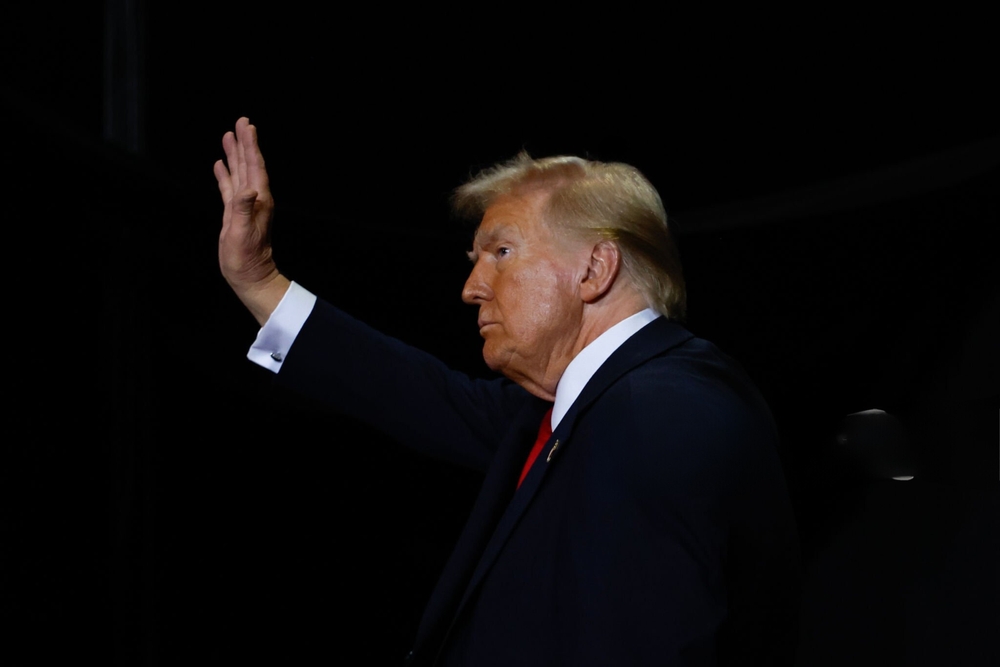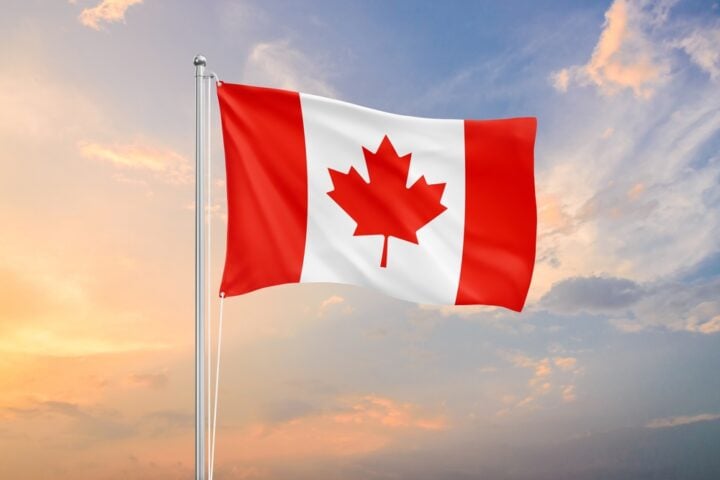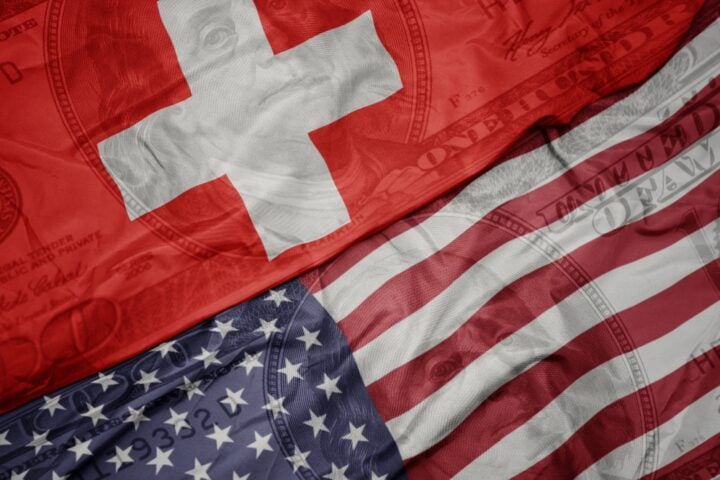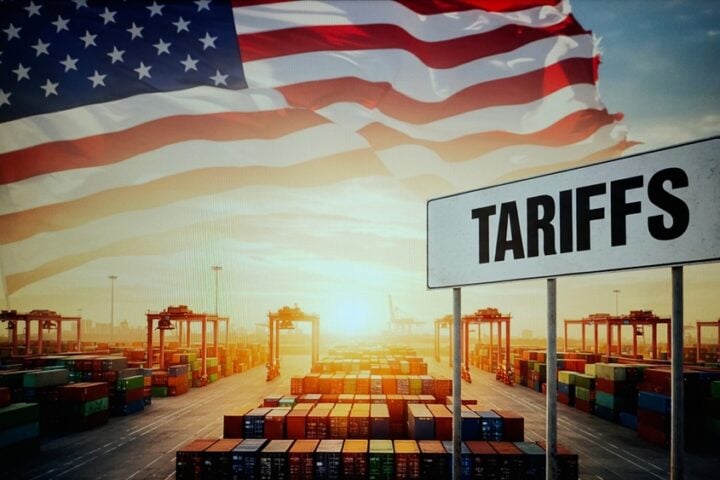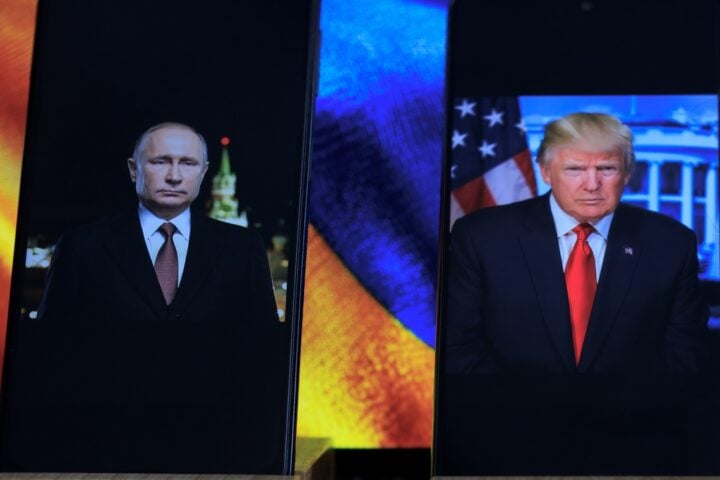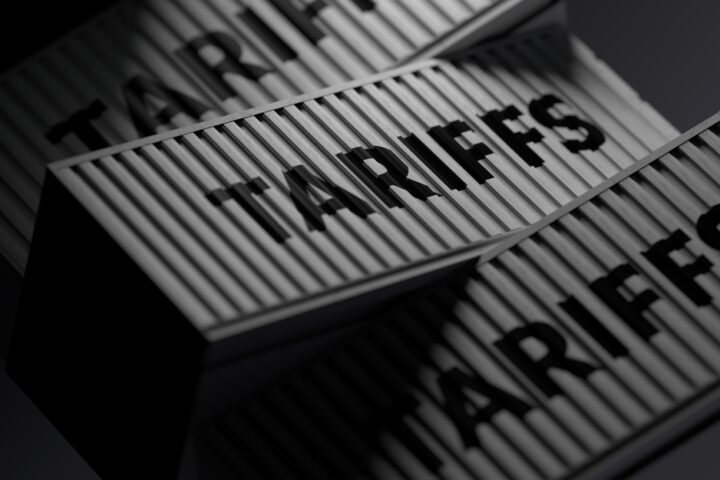As President-elect Donald Trump prepares for his second term, his renewed threats of trade wars and sweeping policy shifts are already sending shockwaves globally. His recent proposals to impose massive tariffs on imports from Canada, Mexico, and China underscore his characteristic brinkmanship, leaving allies and adversaries alike questioning his intentions.
Renewed Trade War Threats
Tariff Gambit on Neighbors
On Monday, Trump announced plans to impose 25% tariffs on imports from Canada and Mexico, coupled with a 10% hike on Chinese goods. These measures, he said, would combat illegal immigration, drug trafficking, and fentanyl shipments into the U.S.
The announcement created immediate turbulence:
- Canadian Prime Minister Justin Trudeau scrambled for a phone call with Trump, describing it as “productive.”
- Mexican President Claudia Sheinbaum, new to office, warned of retaliatory tariffs, setting the stage for a tense standoff.
High Stakes for Global Trade
Such tariffs would significantly disrupt supply chains, raise prices for U.S. consumers, and potentially trigger retaliatory trade wars. Yet, Trump appears confident, leveraging his familiar rhetoric that the U.S. has “no friends, only adversaries” when it comes to trade.
A Mandate for Disruption
Is It Bluff or Intent?
Trump’s critics and allies are divided:
- Some see his tactics as a negotiating ploy, aimed at forcing concessions from trading partners.
- Others worry this is a genuine push to upend the global trade order, risking economic instability.
Pete Seat, a former White House spokesperson, noted that Trump has a history of using threats to compel action. “If Canada, Mexico, and China act, he may back down. Otherwise, price increases are inevitable,” he said.
Aiming for Radical Change
Many of Trump’s supporters view his aggressive posture as a fulfillment of his America First agenda, designed to dismantle systems they believe benefit elites at their expense. Whether this results in incremental changes or sweeping disruption remains to be seen.
Broader Policy Implications
Domestic and Foreign Ambitions
Trump’s aggressive tone isn’t confined to trade:
- He has pledged mass deportations of undocumented migrants, despite the logistical and economic challenges such a policy would entail.
- His potential withdrawal from NATO raises questions about the future of the Western alliance.
These bold promises could either signal incremental changes or a presidency defined by radical upheaval.
The China Question
A New Era of Confrontation
Trump’s renewed trade rhetoric against China is part of a broader strategy to counter the U.S.’s chief economic and security rival. His previous trade war yielded modest agreements that were later derailed by the pandemic.
Key members of Trump’s team, including Sen. Marco Rubio, his likely Secretary of State, view China as an existential threat. The new tariffs could mark the beginning of an intensified U.S.-China confrontation.
Allies on Edge
European Concerns
Trump’s tough stance toward Canada and Mexico serves as a warning to other allies, particularly in Europe. Leaders there are bracing for their own trade disputes with the U.S., compounded by tensions over the war in Ukraine and NATO’s future.
Virginia Rep. Gerry Connolly criticized Trump’s plans, saying, “What Donald Trump is proposing as an alpha-disrupter is to disrupt the largest trade market in the world.”
What’s Next?
Negotiation or Conflict?
Trump’s early moves raise the question: Is he setting the stage for productive negotiations, or will his second term be marked by unparalleled disruption? The world won’t have to wait long to find out, as his bold declarations create immediate benchmarks for his presidency’s success—or failure.


